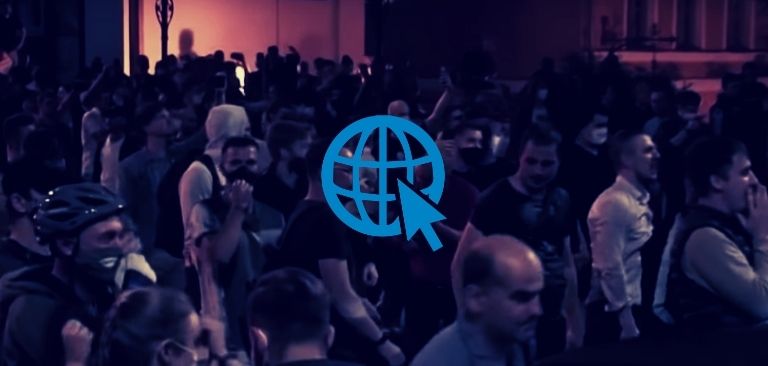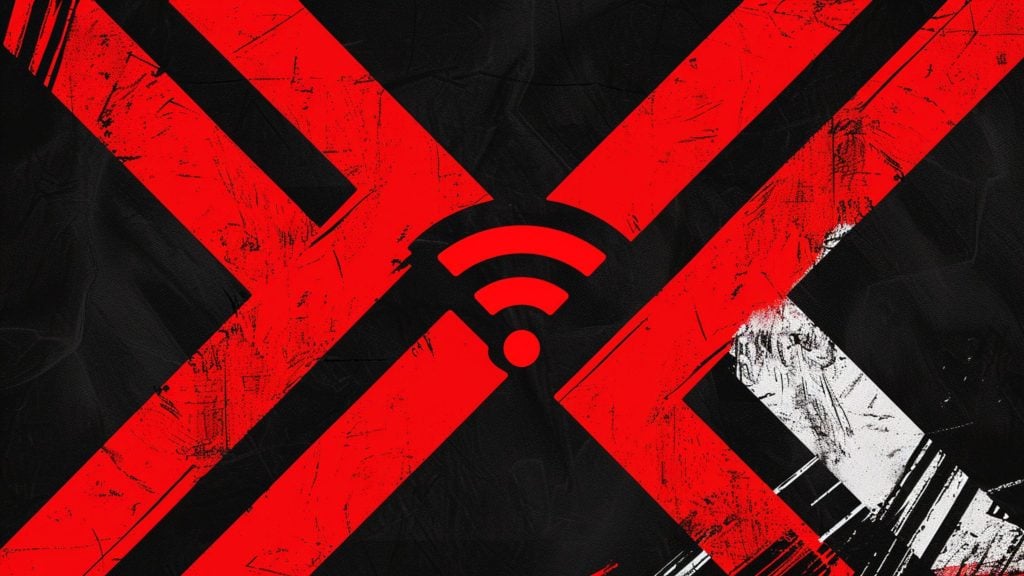New internet blackouts have occurred in Belarus after the victory of President Alexander Lukashenka, who would be repeating a term in office for the sixth time in a row after winning what his opponents have called a bogus election.
According to the official results offered by Belarus’s government, Mr. Alexander Lukashenka comfortably won the presidency with 80.3% of the votes during the elections held on August 10. In this way, Lukashenka achieves a record of six victories in a row in the presidential elections, a record he has kept since 1994. However, each election has passed in strange conditions that make it difficult to believe that they have been fair processes.
The last one was not an exception. It is known that this year, several opposition candidates who expressed their desire to participate in the elections were arrested by the government for alleged conspiracy against the State.
Finally, Lukashenka’s opponent was the wife of one of the jailed opposition political leaders, Mrs. Sviatlana Tsikhanouskaya, who has not accepted the results and has called for a series of protests in the country.
At the moment, there are at least 3,000 arrests during the protests, but the number could be much higher. This, however, has not been confirmed because internet services in the country have presented major failures since August 9, which are suspected to be caused by the government.
Some users have indicated that mobile data and internet have suffered interruptions throughout the week leading up to the election day but on August 9 the interruptions became more drastic, turning into total blackouts on most websites, NetBlocks researchers have found.
Click here to display content from video.twimg.com
Journalists have resorted to the use of VPN tools to continue working in different newspapers and on social networks, but even the use of VPNs has been restricted in some situations.
The three internet service providers in Belarus (A1, Life, and MTS) have confirmed that they are having failures but do not indicate the reason for them. They simply say that it is for reasons that are beyond their control. General Director of Beltelekom, Vadim Shaybakov, said the outages were due to heavy traffic coming from abroad (a DDoS attack), and not because of government actions.
The curious thing is that during the morning of August 10, independent news sites like Naviny and Tut.By were completely inaccessible. The most reliable way to maintain communication, according to users, was with Telegram messages.
This news blackout was to be expected. Many users alerted the population to download free VPNs with which they could keep in touch during the elections, since on July 19 a similar blockade occurred during a political rally where Sviatlana Tsikhanouskaya participated.













